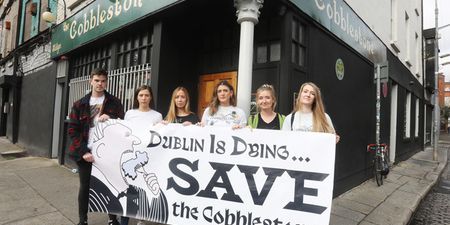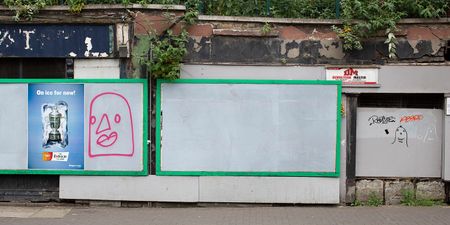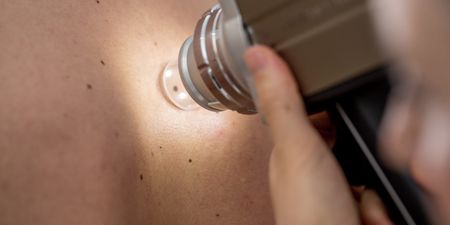Sometimes the only way you can express yourself is with a swear word
Okay, it might not be the only way to do it but you have to admit, whether you’re angry, sad or excited you may just drop an f-bomb or two.
It’s come to a point where it seems that certain words go in and out of fashion, for example right now “serving c**t” is all over social media.
I remember a time when saying that word was like committing a crime and the closest you could get to it without getting a wrap on the knuckles was to call it the ‘c-word’.
However, there are other profanities that seem to be making more regular appearances in our everyday vernacular. Even our favourite TV shows like to drop in a ‘f*ck’ every once in a while.
So why the f*ck are we all swearing so much more these days?
The answer is anything but straightforward.
Michael Adams, author of In Praise of Profanity, claimed that people are swearing more than they used to.
“That’s for a number of methodological reasons,” he told Vox.
To start, we hear a lot of swearing on social media, but that doesn’t mean people online represent the population as a whole.

As well as this, we don’t know how much people used to swear – let’s say, 50 years ago – because there are no real records kept on it.
The fact that every language has their own interpretation of swear words shows that they seem to serve a universal meaning that is not served by everyday language.
People generally look at swearing as a coarse, vulgar language and we teach our children to avoid it at all costs.
However, statistics show that all races, classes, and education levels swear. For example, 72% of men and 58% of women in the United States swear in public.
Generally speaking, you can put most swear words into one of three categories, religion – for example, God damn it, what the hell? – sex – for example, f*ck – and bodily functions – p*ss off, sh*te.
Laboratory research has shown that swearing increases autonomic and physiological responses, for example, it increases heart rate and our skin conductance rate.
Swearing also enhances pain relief, known as hypoalgesia.
In one study, subjects were plunged into freezing water. Swearing significantly raised their pain tolerance and lowered their perception of pain compared with using neutral words.
But the question still remains, why do we seem to curse more than the generations that came before us?
Benjamin Bergen, a professor of cognitive science thinks that we’re seeing a generational shift in what kinds of words are considered offensive.
He explained that: “Folks who are maybe 40 or older tend to think of profanity as including words that describe bodily functions and sex.
“In more recent survey data, younger Americans tend to judge those words as far less offensive than older Americans do, to the point where the word ‘sh*t’ shows up for most people as not even in the top 50 most offensive words.
“For folks 25 and younger, ‘f*ck’ is not in the top 20.”

He referred to an older survey performed by Kristin Janschewitz at UCLA in 2008.
Janschewitz gave her subjects a list of 460 words and asked them to rate each one for taboo and offence, along with a few other factors.
In the end ‘f*ck’ was fifth on the list of most taboo words, but it doesn’t appear in the top 10 list of most offensive.
This indicated that it’s a word college students know you’re not supposed to say, but that most of them aren’t particularly bothered by hearing it.
Bergen gives a version of the same survey to 100 undergraduates every year and explains that the f-word is trending more and more strongly out of the offensive category over time.
One possible factor for our more lax way of speaking is the rise of social media, where people write for a wide audience as informally as they talk to their close friends in private.
“It used to be that the only media you could consume was highly edited,” says Bergen.
“With social media, all of a sudden now we have direct access to people’s informal language.
“If we have access to people’s informal communication and it includes more profanity, that just means we’re going to be exposed to more of it and that’s going to normalise it, and so people have become inured.”
So basically, if your parents have ever blamed that damn phone, they might have a reason to.
READ MORE:
- Lady Rose Hanbury shuts down Prince William affair rumours
- James Bond producers ‘formally offer 007 role to British actor’
- Leo Varadkar vows to introduce strict laws for Botox and filler



















































